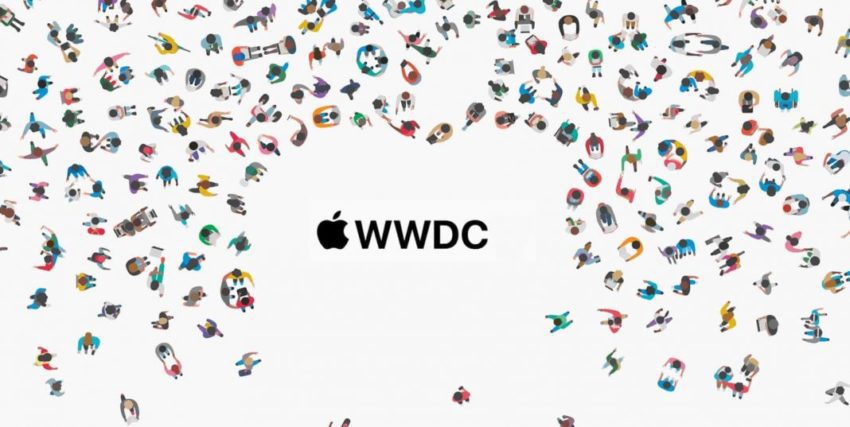
WWDC 2019 keynote and Apple culture
I’ve written a lot about work/life balance, including this one: Slow down and improve your health and job.
Monday this week was the first day of Apple’s Worldwide Developer Conference (WWDC) in San Jose, featuring a keynote address highlighting new products soon to make their way out the door.
But I felt like turning it off after the opening movie.
As background, there is a lot of concern about the intrusion of technology on our lives and how it affects us. Apple has recently claimed to care about balancing the use of technology and brought us great features like Screen Time to help:
Screen Time, these new tools are empowering users who want help managing their device time, and balancing the many things that are important to them.
iOS 12 introduces new features to reduce interruptions and manage Screen Time
According to the WWDC opening video, writing apps appears to be more important than critical parts of people’s lives.
I found this video to not only be extremely depressing but also a window into the culture at Apple and other tech companies. So many thoughts came to me while watching such a short video.
- Everyone in the video is working in the middle of the night, while the rest of the world sleeps. It’s common at tech companies to equate working hard on something with working outside normal work hours. Keynotes sometimes end with praise for all the hard work on nights and weekends and time spent away from families. This is rewarded and encouraged.
- There is almost no human interaction in this video. A couple goodnight kisses, a brief “don’t stay up late” and a guy holding his baby when it was crying through the baby monitor. No emails read or answered and no text messages or phone calls. Nothing but solitary people writing code.
- Worth noting that there is no mention of what any of these people were working on. Perhaps it was curing cancer but I suspect it’s not so important that you can’t make time to fall asleep next to your spouse or make a social connection.
- The only attempt to give a shout out to work/life balance was a guy setting a timer, presumably so he could remember to stop working? Then he resets the timer. So much for that.
- Most food displayed or eaten is sitting at a desk.
- There is implied pressure that if you don’t follow the example of these people, you’re not a dreamer. You’re not working hard enough. This is also an epidemic at tech companies. Sometimes the pressure is subtle but sometimes it’s a mandate to work extra hours.
- Apparently, when you’re tired and frustrated in the middle of the night, you get great inspiration. Actually, no, that’s not typically when inspiration happens. This is the time when you get stuck in a corner and get frustrated and unproductive.
If you’ve worked at tech companies, you’ll know that this is not an overreaction. Not only is there discouragement of work/life balance, there is rarely any encouragement to live a healthy and productive life, depsite the fact that it would lead to better output for employees.
Here are some things I’d rather see in a video:
- People that have a hobby of learning how to build apps and then quitting their jobs that make them miserable to have a much better life. Preferably one where they can set their own hours and make time to be a well-rounded person.
- People being lauded for amazing ideas and products created during the hours of the day typically used for work.
- Technology freeing people up to have more free time for pursuits that will make them a more well-rounded person.
I truly found this video horrifying and such a terrible message to send to people. To encourage overworking and under-socializing. To ignore decades of research into productivity that shows that achieving work/life balance means you are maximizing productivity.
There is a lot of research that shows that you will get less done the more hours you work. Overall. Not per hour. Overall. You will only be given the illusion of productivity. Sure, it’s counterintuitive. Working longer on something and succeeding naturally feels like more of an accomplishment.
Also, inspiration comes when your brain has time to rest. Like in the one tender moment of the guy holding his baby could be a moment of great insight. Maybe having a meaningful conversation with your spouse could lead to an a-ha moment. Jumping rope was one counter-example.
Tech companies like to glamorize the creation process without really understanding how to cultivate it in their employees. I’d like to see things like Screen Time translate into corporate-wide efforts to encourage healthy lifestyles for employees. It’s a win-win situation.
